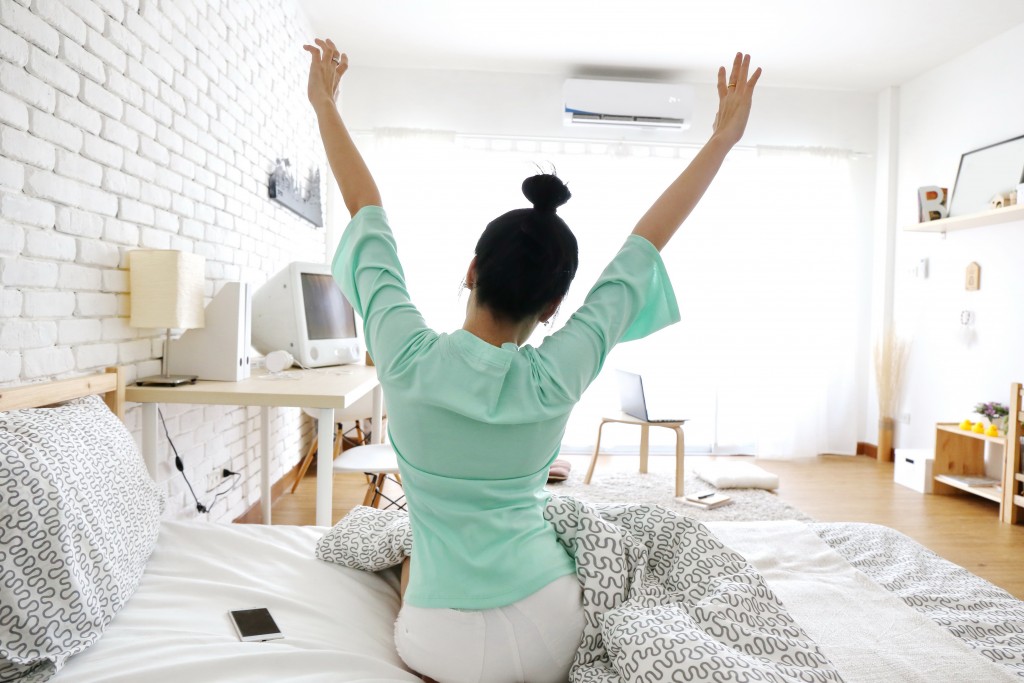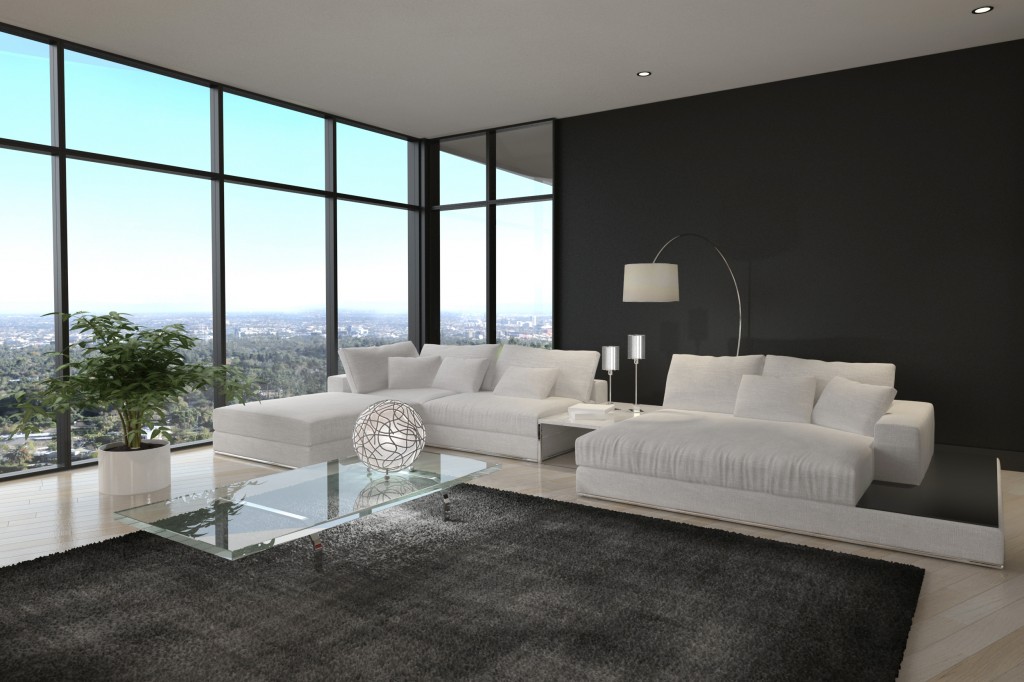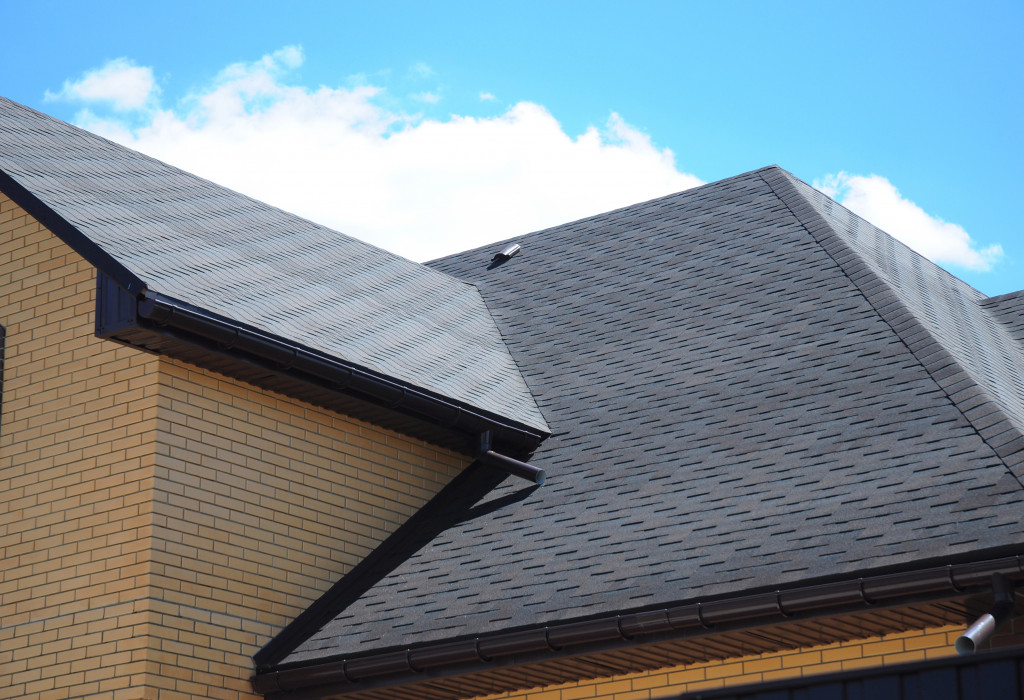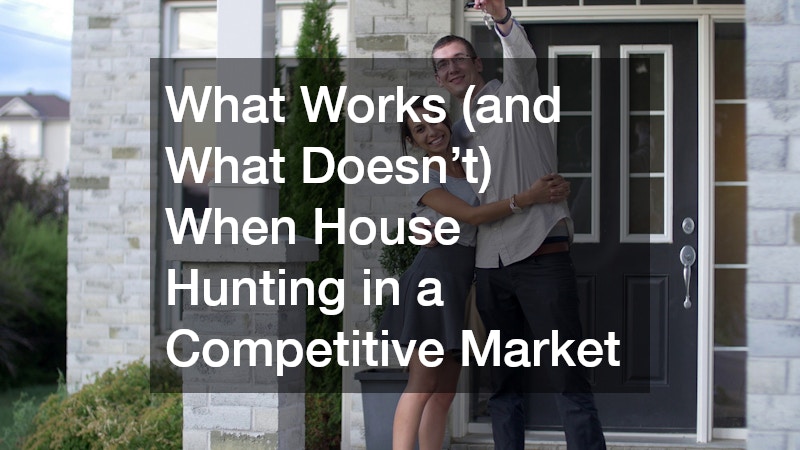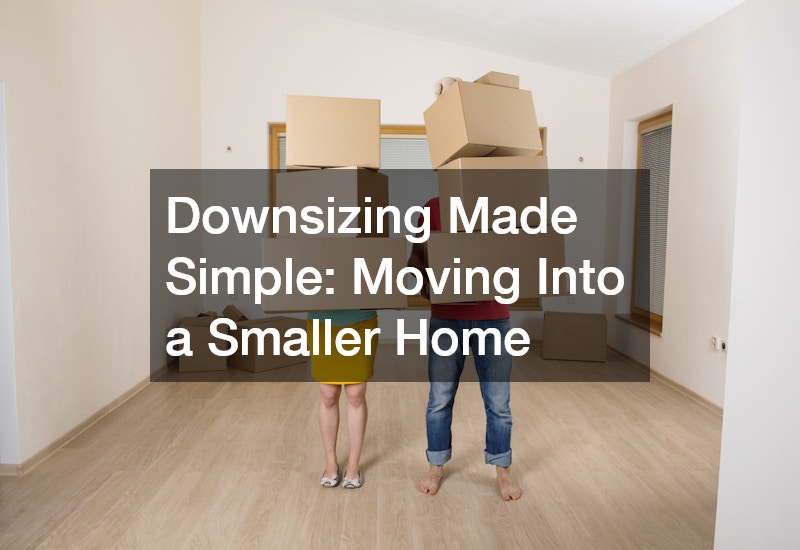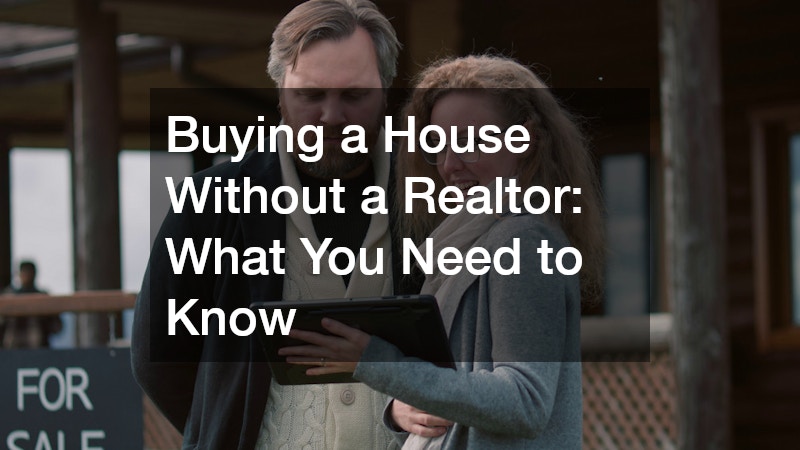If you have been thinking about the pros and cons of buying or renting a house, you only need to know if being flexible is more important than having a sense of security.
Residents in Utah are pressed to decide since the cost of living continues to increase, driven by a growing population. Despite job and economic growth, many have noticed that it became more expensive to live in the state. The disparity between the cost of mortgage and rent serves as an example. An average monthly payment on home loans cost $1,455, while renters pay almost $950 on average per month.
Making A Purchase Decision
While you could save around $500 from renting a house, you should consider buying a house or a multifamily unit if you don’t like paying rent that increases every year. Houses and condominiums for sale in Eagle Mountain or Provo are probably much cheaper in Salt Lake City where prices seem to increase rapidly.
However, you would only experience the true advantage of owning a house once you pay off a mortgage. In other words, you would need to wait before unlocking the value of your investment if you plan to sell it and downsize in the future. Homeowners also have the option of paying the same monthly payments, as long as you apply for a fixed-rate mortgage. Try to save more than the down payment amount to cover expenses and repairs in the first few months after buying a house.
Mortgages Are Also Higher In Other States
A survey showed that monthly rents in other states are also cheaper than the average monthly mortgage. Renters generally pay a smaller amount since they don’t have to spend on maintenance and property taxes. Both groups may spend on insurance and repairs, although renters are more likely to pay a smaller amount since they don’t own the properties.
The share of renter households in Utah mostly consists of younger Americans, despite a lot of first-time home buyers belonging to the millennial age group. Renting only becomes an option if you prioritize the convenience of moving from one place to another.

When Renting Becomes The Option
Flexibility and spending less on monthly payments aren’t the only reasons to rent a property. Tenants especially single people could save more and retain the liquidity of their assets, provided that you are prudent on where you spend your income.
If you only spend less than 30% of your income on rental payments, then not owning a house will be a better choice. Keep in mind that renting a home exempts you from paying real estate taxes, but you can’t write off monthly payments on your tax return at the same time.
Conclusion
Once you decide whether renting or buying is better for you, you should consider consulting a real estate management company to find the best property. Online searches can only do so much to help you find the right home or apartment since professionals are more updated especially on local residential listings.

